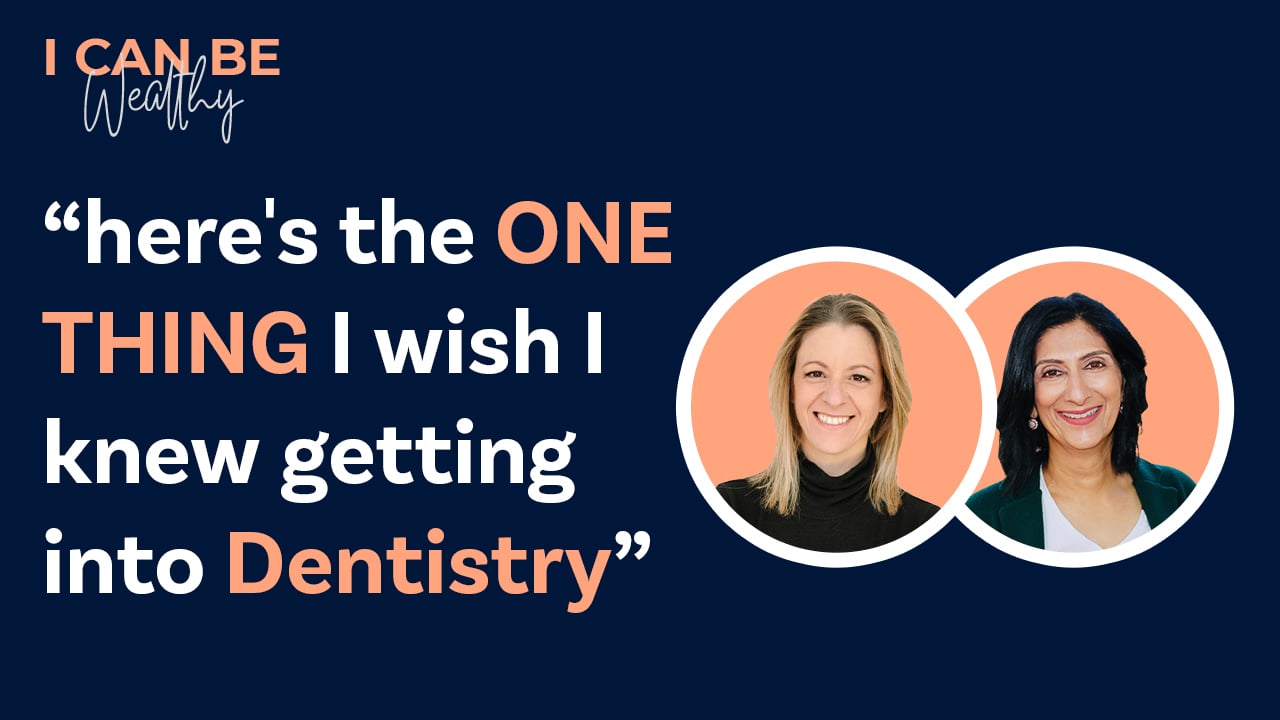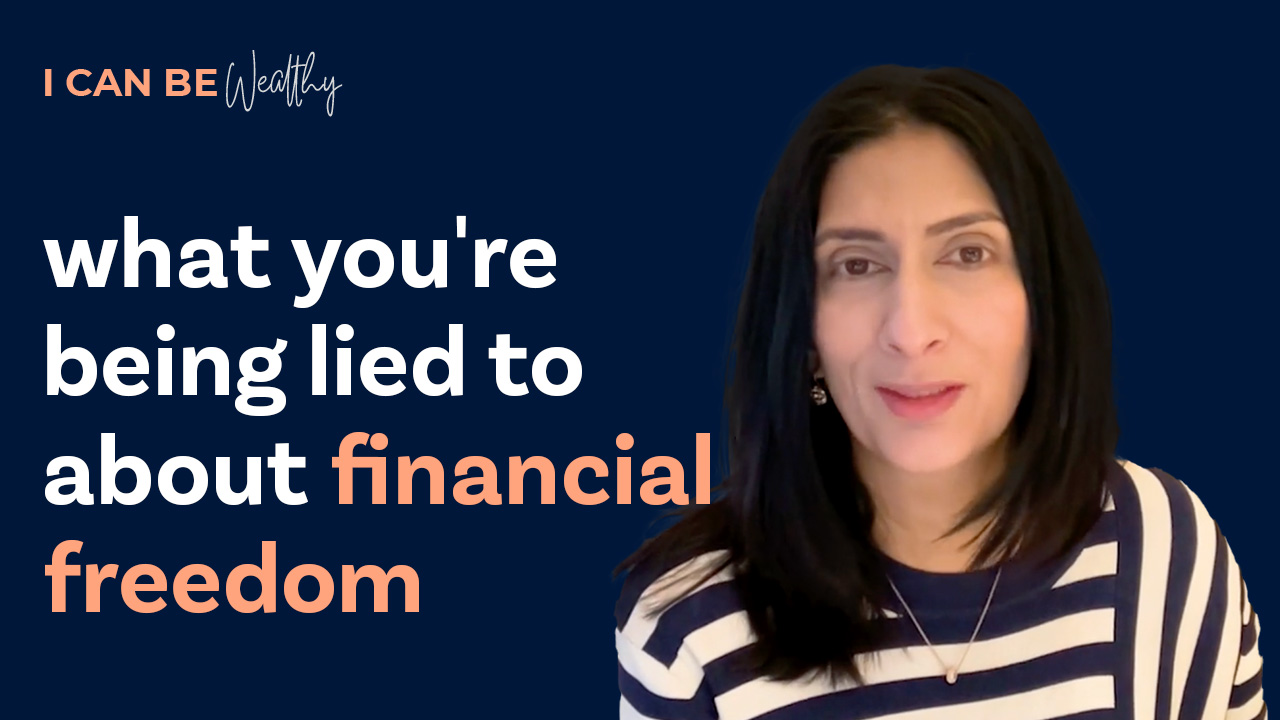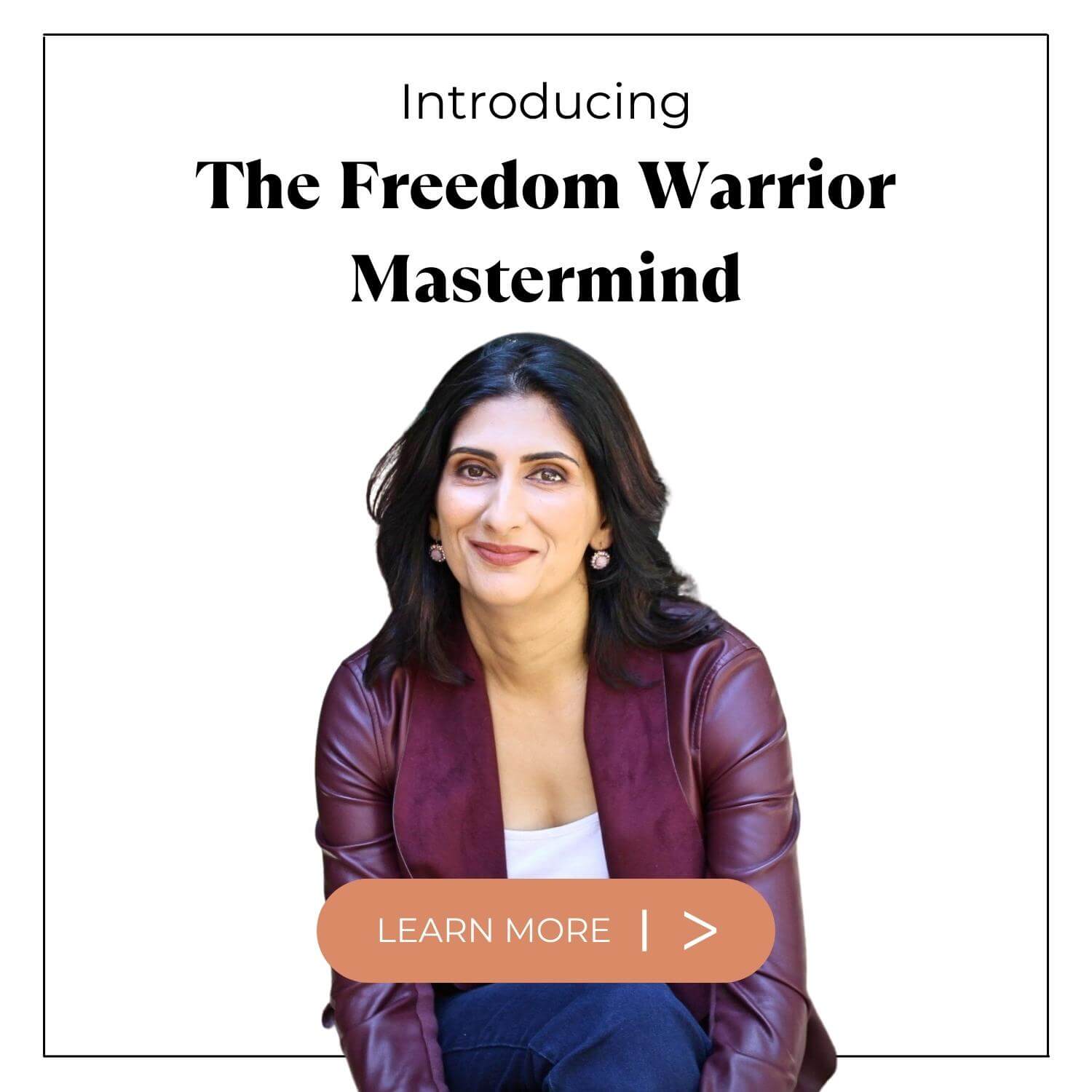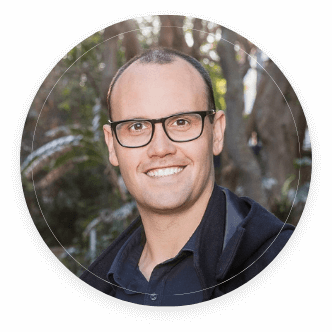Quick Overview of Barry’s History
Barry originally comes from New Zealand, where he was born 60 years ago. He pursued his education and earned a degree in dentistry after attending school and university.
After graduating, he worked in New Zealand for a few years before moving to Australia 35 years ago.
His family comes from a farming background, growing vegetables as market gardeners. They attributed their success to hard work, and Barry was raised to be mindful of his finances and live frugally.
Barry felt fortunate to have a mother who stressed the importance of investing and saving money for the future.
When Barry arrived in Australia, he had no job or money as a new immigrant.
But, he was grateful for the education his parents provided, which helped him establish himself.
His family didn’t want him to return to the difficult farming life, so he had to work hard to make a name for himself.
Eventually, he landed a job and now owns a dental practice.
Throughout his life, Barry has always believed that the business is the main cash flow, and that what one does with their money makes them wealthy. He realised that dentists might be comfortable, but they would only become wealthy if they did something with their money.
Therefore, he had a goal of retiring at 40, but when he had children, his goalpost changed, though he still has that objective, albeit behind in terms of timeframes.
The Reason Why Barry Entered Dentistry
Barry chose dentistry as his career path because it was on his parents’ wishlist.
They had seen other family friends’ children go into dentistry and lead a comfortable lifestyle, so it seemed like a good option for him.
As a dentist, Barry understands that his profession greatly benefits him. For him, dentists have a superpower: the ability to create cash.
But despite the advantage, not all dentists are good at building wealth.
One of the issues he sees is the expectation of living a high lifestyle, even if they cannot afford it. Unfortunately, this often leads to their wealth-building strategies falling behind as well.
The Habits That Contributed to Barry’s Success
Barry reflected on the habits he’s cultivated that have contributed to his success, both in business and in finance.
One of his most important qualities is frugality, which he learned from growing up in a lower-income family.
Even though he’s in a better position now, he’s still conscious about spending money and chooses not to splurge on things he doesn’t really need.
Aside from frugality, Barry also prioritises his health by doing a lot of sports and being mindful of his nutrition. He’s also conscious about avoiding bad habits like excessive drinking and smoking. For Barry, his lifestyle choices play a big role in his success.
He admits that he can be extreme about frugality sometimes, but that’s where his wife comes in and helps him strike a balance.
She enjoys spending money on things that make a difference, and Barry has no problem letting her do that.
He believes it’s more important to focus on the value of things than their cost.
Barry and his wife love to travel and prioritise experiences over material things. After all, memories are what we take with us when we leave this planet, not material possessions.
Why Barry Really Wanted to Build Wealth
Barry had initially planned to retire at 40, but things didn’t quite go according to plan. They were earning a good income but felt like they were losing a lot of time and choices. They worked five or six days a week and wanted more freedom to do what they enjoyed.
Barry explained that their wealth journey aimed not just to accumulate money but to gain more time and freedom.
Now that they had achieved that, they wanted to find purpose and meaning in their lives.
He said that the objective of his wealth journey had shifted to making a difference for other people.
He wanted to leave a legacy for his children and contribute to a charity or cause that he was passionate about.
It was less about accumulating wealth for himself and more about using his resources to impact the world positively.
Barry’s Successful and Unsuccessful Investments
Looking back at his adult life, Barry reflected on the changes in his relationship with money and his views on what money means.
He realised that, due to his work situation and current financial stability, he used to be less frugal and less mindful about where his money was going.
Barry admitted that he made many investment mistakes in the past and lost a significant amount of money. But he learned from those experiences and now understands the importance of being more mindful of the quality of investments and his own strengths and weaknesses when investing.
Barry has always been drawn to property investment because his parents were heavily involved in it.
But he’s also dabbled in share trading, which is a rollercoaster ride. They’ve also lost a lot of money on aggressive investments like option trading. Barry emphasised that investing is not a one-size-fits-all kind of thing. You need to know your own risk tolerance and invest accordingly.
Recently, he and his family have simplified their investments and started paying closer attention to where their money is going.
But even though they’ve made some positive changes, Barry admitted that investing can still be nerve-wracking.
There’s a psychological aspect to it that can make you question why you’re investing in the first place.
Do you enjoy the adrenaline rush, or are you truly invested in the investment itself?
Barry’s had investments in the past that have left him with mixed feelings. Some have become profitable, but he wouldn’t necessarily make the same investment again.
For example, they had a holiday unit in Noosa that was poorly managed and never really took off. They held onto it for a while, hoping things would improve, but eventually decided to cut their losses and move on.
Barry is glad they made the right decision in the end.
He emphasised that it’s crucial to make informed choices at the right time when it comes to investing.
How Barry’s Mentors and Communities Changed His Life
Barry believed that having a good support system is essential when it comes to wealth-building.
He saw it as a team sport rather than an individual one.
When he first started investing, he was a bit of a lone wolf, thinking he knew everything and doing it all on his own.
But eventually, he realised that getting an outsider’s perspective could be valuable.
Sometimes you need someone independent and neutral to give you a fresh perspective and help you see things differently. That’s why Barry has joined different investment groups over the years. He’s found them incredibly helpful in giving him new ideas and insights that he may not have thought of otherwise.
Being part of a community of like-minded individuals working towards similar goals is also comforting.
Barry knew that investing could be complicated and that making the right decisions on your own is not always easy, so a network of people who can offer support and advice can make all the difference.
What Legacy Means to Barry
Barry’s desire to leave a positive legacy comes from his compassion for others. He can’t stand to see people struggle and wants to help them in any way possible.
Whether he’s around or not, Barry wants to make a difference by leaving a legacy.
It doesn’t necessarily have to be just for his family. He’s also open to supporting charitable organisations that help people in need.
For Barry, even a small contribution can significantly impact someone’s life. He feels he is responsible for using his resources to make a positive change in the world.
Barry’s ultimate goal is to help people in need and ensure they can live happy and fulfilling lives. He believed everyone deserved a chance to succeed and wanted to do his part to make that happen.
Barry’s Unique Way of Supporting His Family
Barry didn’t believe in just handing money to his family or kids.
For him, they need to learn to solve problems independently, even if it means struggling a little. But of course, if they ever need help, he’s always there for them.
He also mentioned that he’s been trying to teach his children certain attitudes and habits regarding money.
He explained that even though they haven’t directly talked to their kids about investments, they’ve always had some exposure to it in their household.
Barry gave an example of how they handled their children’s request for money to buy a car. Instead of just giving them the money, they loaned it and asked them to repay it. They didn’t expect to receive the money-back, but they wanted to teach their children the importance of budgeting, saving, and investing.
He believed that his children would have a solid foundation for their financial future by starting early and developing good money habits.
Barry’s Journey to Alternative Property Investments
Barry shared that they started investing in property in the 90s, when negative gearing was all the rage. They managed to buy a few properties with their income, and things were going fine for a while.
But as time went on, they found it harder and harder to keep up with the expenses of maintaining these properties. They were bleeding cash every month, becoming a real pain. That’s when Barry realised he needed some help.
He approached me for advice on how to get their finances back on track, and together, we devised a plan to tidy up their house before exploring other options.
This was a departure for him from the usual approach, but they felt it was necessary to get their affairs in order.
At first, they were a bit wary of looking into alternative options, thinking they might be too risky. But after researching and talking things over, they realised that these options might be less risky than they had initially thought.
Barry’s Portfolio After Adding Alternative Investments
Barry shared that adding alternative investments to his portfolio has made a big difference.
He’s seen a reduction in his risk exposure because there’s less capital involved, and his investments are generating higher returns.
They’ve noticed they’re experiencing less stress, which helps them make better decisions. When you’re not worried about financial obligations, you can focus on the important things.
Barry and Angela are enjoying more travel opportunities.
Barry’s Definition of Wealth-Building
Barry has a new perspective on wealth building. For him, it’s all about having choices and time.
He reached a milestone last year when he turned 60, which got him thinking about his limited time on Earth. So now it’s all about making the most of it and enjoying quality time.









